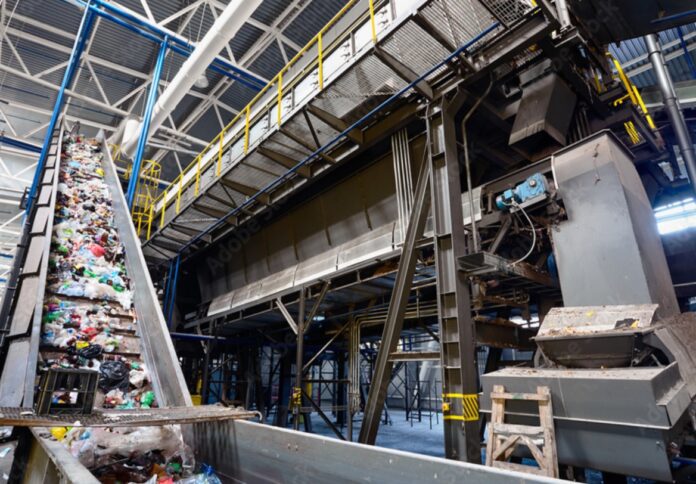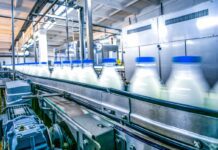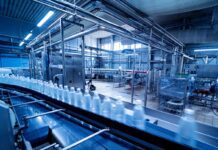
Sustainable packaging manufacturer Detpak has teamed up with Subway to launch a new fibre-based catering platter to help eliminate 205 tonnes of plastic in the environment each year.
Subway restaurants across Australia and New Zealand will replace their plastic takeaway catering trays with 100 per cent kerbside recyclable platters from Detpak, a South Australia-based packaging company Detmold Group subsidiary.
The new sustainable initiative is expected to help remove approximately 26 garbage trucks full of plastic from the environment annually.
Developed at Detpak’s LaunchPad R&D laboratory in Adelaide, the new catering platter has been uniquely designed for easy assembly and efficient in-restaurant storage and transportation, reducing shipping costs.
Keith Bishop, general manager for product & brand at Detpak Group, said the latest initiative was an excellent example of how strong collaboration with industry partners like Subway delivered innovative sustainable packaging solutions.
“Assisting brands with their sustainable packaging and reducing single-use plastic is key to Detpak’s commitment to the environment and social responsibility,” Bishop said.
Managing Director for Subway Australia and New Zealand Shane Bracken said replacing the sandwich chain’s catering platter with a recyclable material is aligned with Detpal’s goal of designing 100 per cent of its packaging to be recyclable, compostable, or biodegradable.
“Packaging, in particular, plays a huge role in the choices we make towards our sustainability commitments. It’s critical that we’re considering the circular economy and how our packaging can be better designed for sustainability through its entire lifecycle, versus focusing only on the end product and how it is disposed of,” Bracken said.
Detpak has had a long-standing relationship with Subway, designing and supplying a range of packaging items across the Australian and New Zealand market.
These products are part of Detmold’s sustainability objectives, which were released in early 2023, and will be measured against six positive impact targets including 80 per cent of fibre to be forestry-certified or containing recycled material.



















